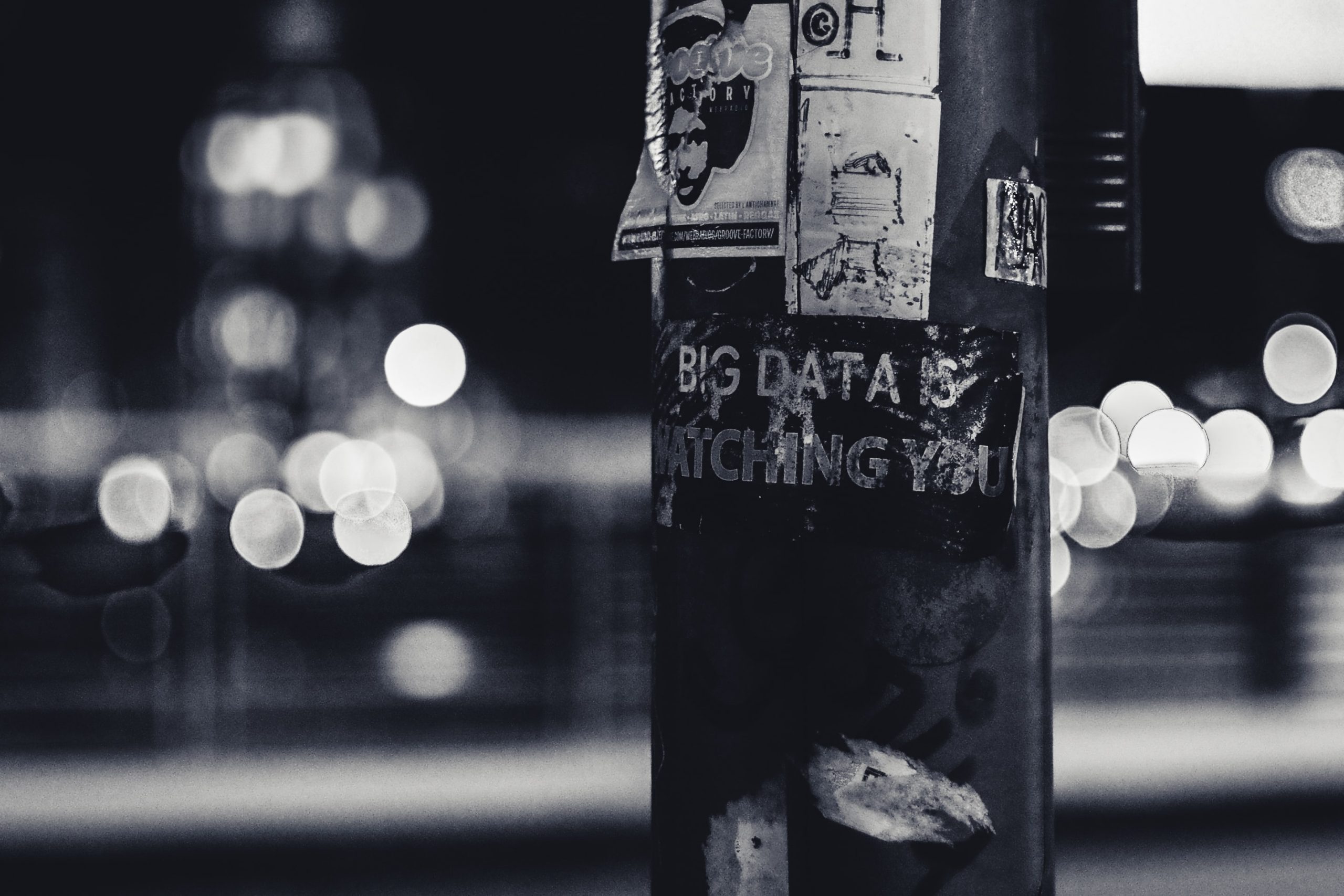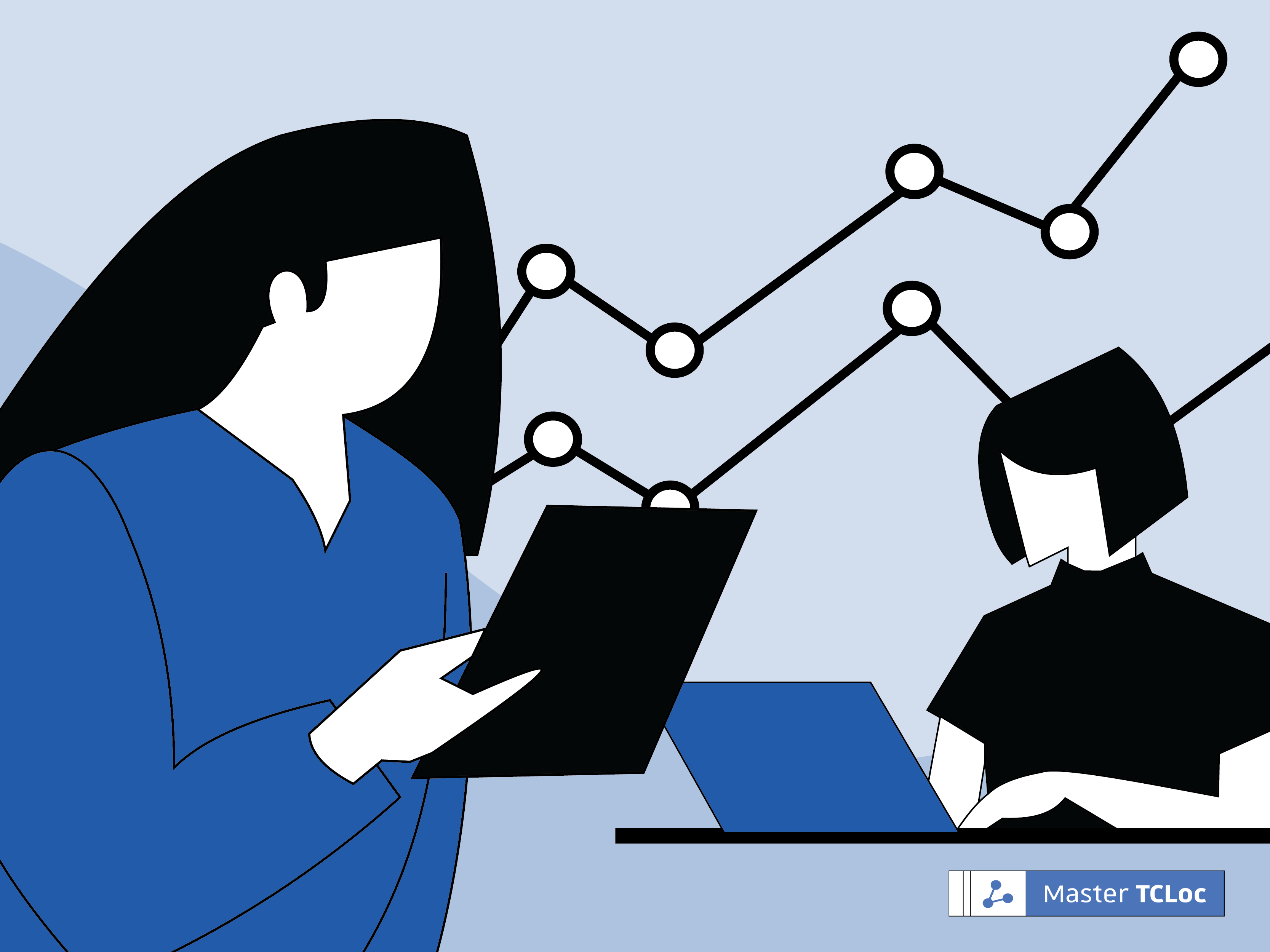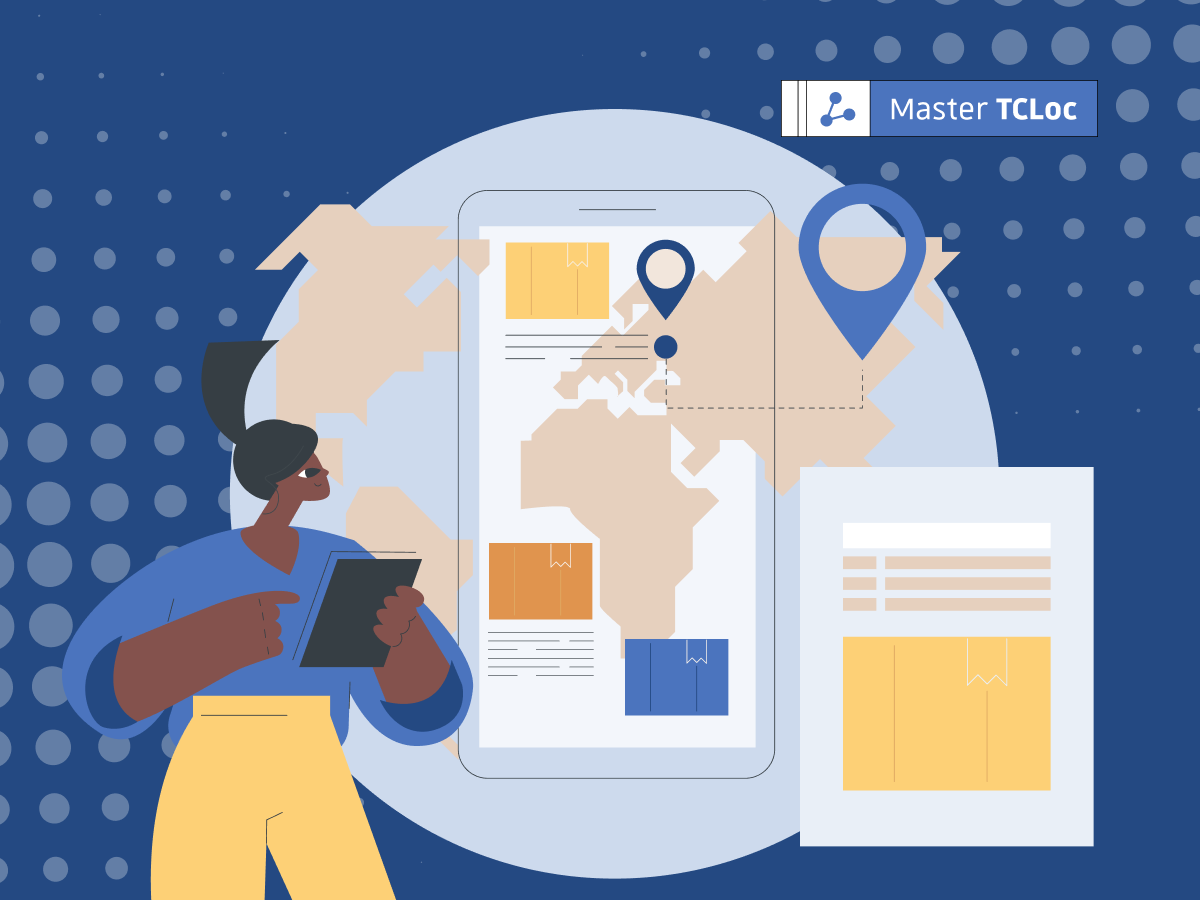Due to rapid advances in technology, big data has become a hot topic. Everybody is talking about it. What is it? Is it dangerous? How can it change the way we perceive the world?
What is big data?
A few years ago, our colleagues from the TCLoc master’s program met with Professor Gauthier Vasseur from Stanford University to hear his take on big data and its implications. In general, big data refers to an accumulation of data that is too large and complex for processing by traditional database management tools. It, therefore, requires new systems, technology, and processes in order to organize and use all the individual data points.
Although big data has become a trendy new term, few people have more than a vague understanding of what it really is or what it means. Beyond its basic definition, people also want to know about its effects. Is it dangerous? What is its purpose? How can we analyze and process the huge amounts of data being collected each day? One thing is for sure, though: humans are producing unimaginable quantities of data.
You may not realize it, but every time you send a tweet on Twitter, check-in at your local pizzeria on Foursquare, or like a review on Amazon, you are producing and providing data to these companies. According to Forbes, we produce 2.5 quintillion bytes of data every single day. Each of these data points can be sorted and stored for future use, or even sold. But why would a company want to buy data?
The impact of big data
What is big data used for?
Some people I talked with recently told me they are afraid of big data. They consider it as some form of Big Brother from the famous book “Nineteen Eighty-Four” by Georges Orwell. Sure, data brokers (a person or a company whose business is to gather, process, and sell data) do exist, but mostly they do it for marketing purposes. Often, companies that buy data want to use it to find out how to better reach their target audience. Also, in a vast majority of cases, companies use our data in order to change or improve their products and make the user experience more friendly or more efficient.
Big data stimulates economic growth
In today’s market, if there is an investment to make in Silicon Valley, it will surely be in companies that work with big data. Data farming companies have made hundreds of billions of dollars since they first appeared in the early 2000s, and we have barely scratched the surface of the opportunities data provides us with. For instance, self-driving cars will be able to predict where and when traffic jams will form and avoid them entirely. The healthcare industry will be able to monitor each one of our vitals and foresee any medical complications that we might face. In fact, the healthcare industry is one of the domains that can profit the most from big data analytics.
Big data creates job opportunities
Data is useless without analytics and processing. Therefore, we need software that can take care of that for us, like Hadoop. Developing such solutions requires programmers and engineers, which means more job opportunities. This is a positive impact of big data on society. Before big data, nobody referred to themselves as a data officer or a data miner, yet jobs like these exist today and are continuing to grow. Admittedly, the revolution that big data and artificial intelligence bring will mark the end of certain kinds of jobs, but it will also create new ones. For example, are Google’s Pixel Buds going to replace interpreters? Although this may happen to some extent, interpreters could then be hired to work on such projects in order to help design and improve these new technologies. A whole world to create and conceive, isn’t it exciting?
So, ultimately, will the impact of big data be good or bad on society? Only time will tell. It is here, however, and it will certainly play an important role in the years to come. As the world becomes more and more interconnected, we need to embrace technological innovations and jump towards that new future with a bit of faith! If you want to read more on the subject, check out this article on the TCLoc master’s website: Will AI lead to the development of a new form of (universal) language, and therefore, to a new conception of the world? Also, don’t forget to let us know what you think about big data in the comments below! Are its effects positive or negative? How do you think it will affect the future?



